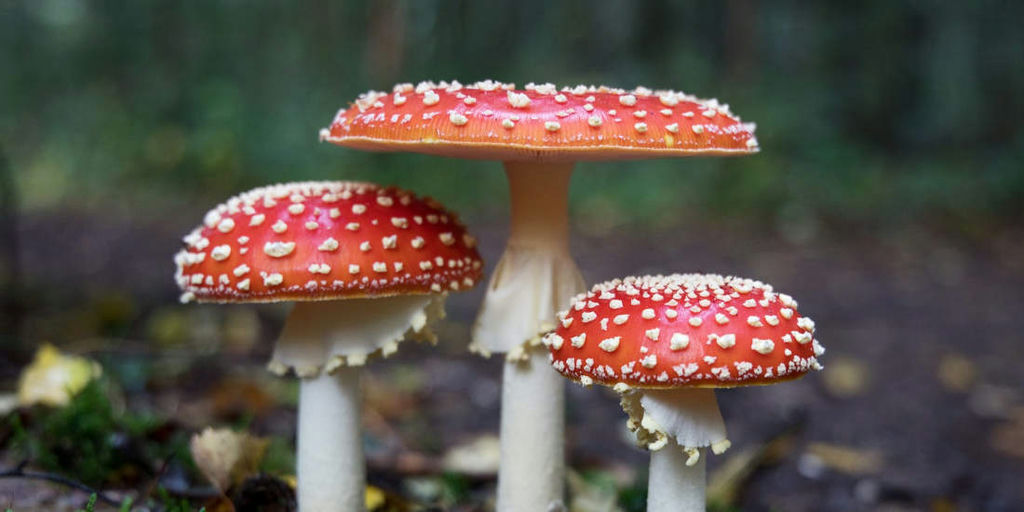Learn about and support fungi
- Earth Points
- 50
- Ease
- Medium
Description
There are millions of species of fungi and the majority are still undiscovered and unresearched. A fungus is any member of the group of eukaryotic organisms that includes microorganisms such as yeasts and molds, as well as the more familiar mushrooms. Abundant worldwide, most fungi are inconspicuous because of their small and cryptic lifestyles in soil.
In the last decade, more attention has been put towards fungi and the information has been staggering. As the predecessor to both plants (flora) and animals (fauna), fungi have remarkable characteristics and coping mechanisms. They have the potential to consume petroleum products (filtering them from waterways), consume heavy metals (remediating toxic waste sites), consume plastic, grow new brain cells in humans (neurogenesis), and provide natural solutions to a multitude of other critical concerns like fertilizer replacements and pest control.
We have just begun to scratch the surface of what fungi can do, but we need more research and conservation of fungi. We have no idea how many species have already gone extinct and our minimal research attempts have indicated many species are endangered. Any one of these could hold a life-saving solution.
To conserve and protect fungi is to conserve plants, animals, biodiversity, rainforests, tundra, and all other components of our natural world. Check out the tips to learn more about fungi and how you can go even further to help build our knowledge of these important and mysterious organisms!
Tips
First Easy Steps:
• Learn some fun facts about fungi. Visit this site to learn more.
• Connect with your local mycological (fungi) association and the global online club at Think Fungi.
• Watch the film Fantastic Fungi.
• Grow your own mushrooms. You can find kits locally or online.
Medium Steps:
• Read the book Entangled Life by Merlin Sheldrake.
• Get out and begin mushroom hunting. Fungi can be found in woods, parks, deserts, and the city.
• Pass on the word. Tell others about the easy steps above to help share knowledge. Help get others started and maybe they will fall in love with fungi.
• Donate to nonprofits that help conserve and protect fungi around the world.
Advanced Steps:
• Begin documenting the fungi you find in apps like iNaturalist and Mushroom Observer.
• Take part in competitions hosted by The Fungal Diversity Survey and Think Fungi.
• Become an active promoter of fungi conservation and research by writing your political representative, asking your local university to provide courses in mycology, and giving presentations about fungi at schools and libraries.
